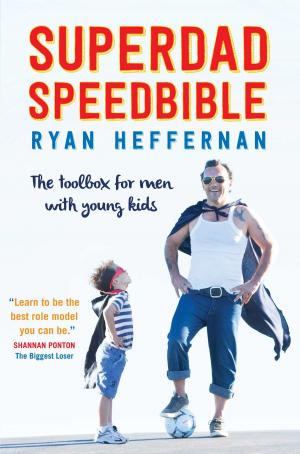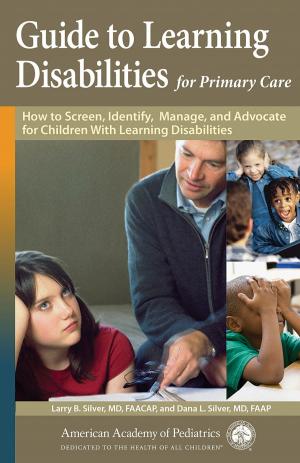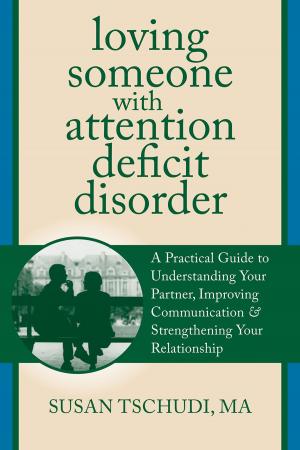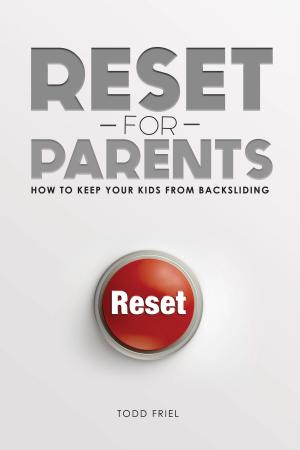The Good Teen
Rescuing Adolescence from the Myths of the Storm and Stress Years
Nonfiction, Health & Well Being, Psychology, Child & Adolescent, Adolescent Psychology, Family & Relationships, Family Relationships, Conflict Resolution, Parenting| Author: | Richard M. Lerner, PH.D | ISBN: | 9780307407665 |
| Publisher: | Potter/Ten Speed/Harmony/Rodale | Publication: | October 9, 2007 |
| Imprint: | Harmony | Language: | English |
| Author: | Richard M. Lerner, PH.D |
| ISBN: | 9780307407665 |
| Publisher: | Potter/Ten Speed/Harmony/Rodale |
| Publication: | October 9, 2007 |
| Imprint: | Harmony |
| Language: | English |
For many parents the thought of the teen years holds more dread than all the sleepless nights of infancy and scraped knees of childhood combined. After all, teens are obstinate, inconsiderate, and defiant; they sulk and stress; they are prone to bad decisions and unreasonable behavior.
Given the option, most parents would happily skip the storms of adolescence and move right in to the relative calm of young adulthood if they could. Who can blame them when popular wisdom tells them that their lovable twelve-year-old will be replaced by an unpredictable, emotional volcano at the age of thirteen?
Although the word teenager has become synonymous with trouble, the evidence is clear: Adolescents have a bad rap—and according to groundbreaking new research, it’s an undeserved one. In The Good Teen, Richard Lerner lays bare compelling new data on the lives of teens today, dismantling old myths and redefining normal adolescence.
Time and again his work reveals that in spite of the stereotypes, today’s teens are basically good kids who maintain healthy relationships with their families. Overflowing with real-life anecdotes and cutting-edge science, The Good Teen encourages new thinking, new public policies, and new programs that focus on teens’ strengths.
Every teen, whatever their ability or background, has the same potential for healthy and successful development. In The Good Teen, Lerner presents the five personality characteristics, called the 5 Cs, that are proven to fuel positive development: Competence, Confidence, Connection, Character, and Caring. When the 5 Cs coalesce, a sixth emerges, Contribution: where young people contribute to their own development in an energetic and optimistic way. He also prescribes specific ways parents can foster the 5 Cs at home and in their communities.
For many parents the thought of the teen years holds more dread than all the sleepless nights of infancy and scraped knees of childhood combined. After all, teens are obstinate, inconsiderate, and defiant; they sulk and stress; they are prone to bad decisions and unreasonable behavior.
Given the option, most parents would happily skip the storms of adolescence and move right in to the relative calm of young adulthood if they could. Who can blame them when popular wisdom tells them that their lovable twelve-year-old will be replaced by an unpredictable, emotional volcano at the age of thirteen?
Although the word teenager has become synonymous with trouble, the evidence is clear: Adolescents have a bad rap—and according to groundbreaking new research, it’s an undeserved one. In The Good Teen, Richard Lerner lays bare compelling new data on the lives of teens today, dismantling old myths and redefining normal adolescence.
Time and again his work reveals that in spite of the stereotypes, today’s teens are basically good kids who maintain healthy relationships with their families. Overflowing with real-life anecdotes and cutting-edge science, The Good Teen encourages new thinking, new public policies, and new programs that focus on teens’ strengths.
Every teen, whatever their ability or background, has the same potential for healthy and successful development. In The Good Teen, Lerner presents the five personality characteristics, called the 5 Cs, that are proven to fuel positive development: Competence, Confidence, Connection, Character, and Caring. When the 5 Cs coalesce, a sixth emerges, Contribution: where young people contribute to their own development in an energetic and optimistic way. He also prescribes specific ways parents can foster the 5 Cs at home and in their communities.















